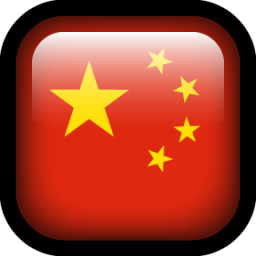Nutrexpa Experience in China: Business Tips
Nutrexpa was not only one of the first Western companies operating in China in the early eighties, but also a perfect example to explain the hurdles that any company faces in its landing to China.
Nutrexpa paved the way and others followed its footsteps. Its story is an example of tenacity and adaptability to a country that was not what it is today. Many of its experiences are likely to be applied to any company that considers China.
Keep reading!
Find the proper battle buddy. Be aware of market dynamics!
In the early eighties, it was impossible to land in the country without the assistance of a local partner and the Chinese authorities.
After over three years of negotiations between the company and the local authorities, the emergence of a suitable local partner –Li Bank-, contributed to the establishment of an alliance, and the subsequent creation of a Joint-Venture.
A tip! This first stage requires flexibility and guangxi. Negotiations with local authorities and the Chinese bureaucracy are not always easy -although is improving every day! -, and finding a proper partner can be difficult.
Do not lose your patience and keep working on building a suitable partnership. It´s worthy!
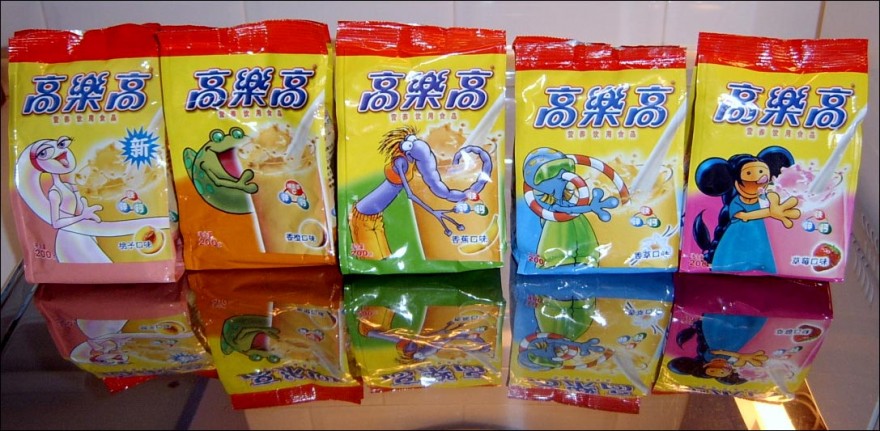
Sometimes in China, your product will turn into another
After inaugurating in 1990 its factory in Tianjin, Nutrexpa would focus on prospecting of its target market, and also in adaptive demands that China demanded of its product. There, Nutrexpa started producing soluble and powder cocoa drinks.
Nutrexpa had all the ballots to fail on its arrival in China
The biggest pitfall were the eating habits: no milk or cocoa were consumed in China.
How to overcome such a hurdle?
– First, the company took advantage of an extrinsic condition: in the early nineties, the Chinese Government launched a powerful awareness campaign about the importance of milk intake in children. So, stay tuned! Opportunities come and leave!
–Second, Nutrexpa made a big effort to get a closer approach to the taste of their potential customers. To do so, they devised some specific tastes to their products: strawberry, banana and vanilla. Adapt!
–Third, Nutrexpa invested huge amounts on nationwide coverage advertising campaigns –around € 10/12 million per year- , especially on television. This effort managed to position the brand as a product fully recognized in big cities but also among Tier 2 and Tier 3. Now replace TV and imagine the endless possibilities of digital marketing on advertising nowadays!
–And last but not least, the company decided to create a Chinese distinctive brand. It dropped its popular brand name –Cola Cao– to become GaoLeGao, whose literal meaning is tall and jolly.
Choosing GaoLeGao was a marketing tool by itself: the election of positive attributes in a children’s product, makes easier its choice to the detriment of other similar products.
Years later, the company would challenge itself over again with the introduction of Nocilla… in a country in which bread was not consumed.
An another tip! Adapt your products and services to the market. If the name of your brand, colors or labeling are inadequate, change them!
Also never forget registering the name of your brand in Chinese and in your own language! Product customization, labelling and marketing are crucial!
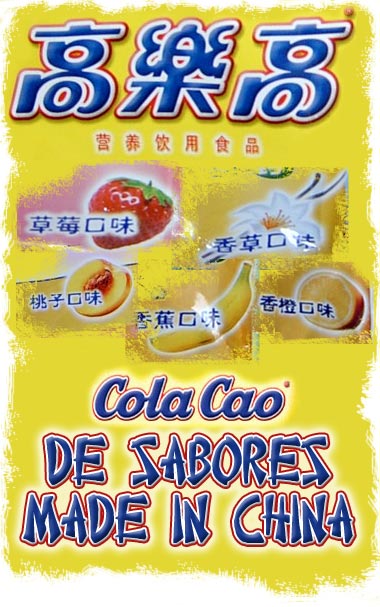
success is sometimes highly unexpected
Despite being widely accepted, the product never reached another audience than children. Neither GaoLeGao nor Nocilla were the most successful.
Surprisingly, Nutrexpa discovered that its Star-product in China was… Phoskitos! Its commercialization never fit in with major purposes of Nutrexpa; after almost thirty years, they took the decision of selling the company and leave China.
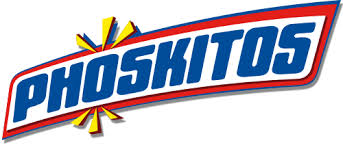
What can we learn from the experience of Nutrexpa in China?
When Nutrexpa came to China, there were no previous examples. Fortunately, we are in 2016 and your company has the advantage of landing in the country in the hands of an agency specialized in Chinese business development.
Visit us and boost your sales in this giant we call China!
Is China becoming more open for imported goods?
Despite its enormous potential, in China the ease of doing business experiences a lightning-fast evolution.
Trade in China still suffers from some difficulties that require a certain courage by those who seek success in the country.
Such evolution is aimed at providing increasing facilities for the establishment of trade relations in the country but, according to World Bank´s report, it still keeps the 84th position on the ranking.
What are the main challenges a foreign company must face in its landing in Chinese territory?
From 2 OPEN we have elaborated a guide with some basic steps to face the first stage of procedures, certifications and regulations any company need to face before entering on Chinese market.
Goods import: Are them all allowed in China?
The Chinese government has established in its Foreign Trade Law some basic categories over the import of goods.
However, not all goods are accepted by law; in every approach to the country, we must consult in the Catalogue Of Goods Prohibited from Export and Import.
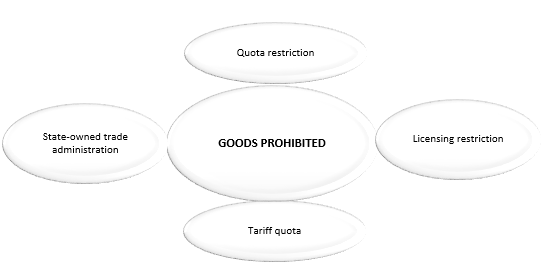
Some enjoy specific requirements: Tariff quota is only available for licensed importers, and State-owned trade administration must be imported by authorized enterprises.
There are also some other terms to test: certifications, packaging, labelling, transportation…From 2 OPEN we can help you to face all the specific bureaucratic procedures involved in any approach to Chinese market.
Standars
Some goods may require specific certificates, registration by Chinese authorities or labelling requirements.
Standars varies depending on the levels, profession and industry your company comes from.
Being aware of the specific needs of our goods will facilitate the following steps for a successful importation into the country.
Importers, a key entrance
Whether your entry into the country is done in an autonomous manner or with the help of a qualified external importer, in both cases will be required to have a Foreign trade operator.
Remember that only those companies already ratified in China as a Foreign Invested Enterprise are able to get the permission to become a Foreign Trade Operator.
In case you prefer to have the assistance of an external operator, try to avoid surprises!
The Ministry of Commerce of China provides an official list of importers where you can find the most suitable to your company needs.
Warehouses and declaration procedures
Procedures will change depending on a set of variables, but the very basic requirement is The Customs Declaration Form of Imported Goods.
A specific stamp will be used for every Bonded warehouse goods coming into Chinese territory.
In case import goods change their formal bonded warehouse, particular formalities for custom transit and transport will be required.
Attending to a fair?
If your company is thinking on attending to any special exhibition in China, there is also specific legislation according to temporary import goods. Temporary goods are those which are planned to be in China for less than six months for specific reasons, such as fairs or expos.
Those goods should be approved by the authorities, and usually a deposit will be required.
The landing in the country requires of the understanding and the expertise of an expert team in China environment.
From the company, we have assisted companies from different fields to develop their business in Chinese market.
Let us lead your company into China!
How can foreign SMEs be competitive in China?
Most western economies enjoy an abundant offer of qualified talent that proportionally lacks in China. Nevertheless, China’s macroeconomic situation is starting to increase the demand of qualified talent, and more importantly, it is starting to value it more, rewarding it in ways that we do not often see in other economies, or at least not back in Europe.
All of this creates a reality of scarcity due to the fact that an increasing amount of knowledge is being accumulated in just a few hands and results in a division between talent knowledge and labor knowledge. When competing in the knowledge market, being capable of assembling a talented team is the key difference that will give you the competitive advantage.
Big companies and well-funded start-ups are very aware of this fact, they put a lot of effort and invest a lot of money on the recruitment of talented personal.

So what about small and medium-sized enterprises then? What can they do in order to be competitive as employers in the Chinese market? And what can they do when big foreign companies tend to concentrate on tier 1 cities candidates that have good English communication skills?
The questions mentioned above have very difficult answers. Truth be told, most foreign SMEs in China have no chance of succeeding, or being competitive, as an employers in such a shark tank, that is, tier 1 cities. Looking at it from a market perspective, tier 1 cities are a horrible place to build and sustain a capable and long lasting team.
Probably, trying to move out of a tier 1 city is the first advice for foreign SMEs. Even if the idea of living in a truly Chinese city, without Starbucks or McDonalds hanging around, frightens you, it will make it a lot easier for you to grow your company. The only real issue here is that clients and movement is mainly happening around cities like Shanghai and Beijing and less in other cities, nevertheless there are plenty of other means through which you can get clients. At the end of the day there is no perfect place to grow your business without a few drawbacks, maybe once your company has grown enough you could consider moving to a tier 1 city.
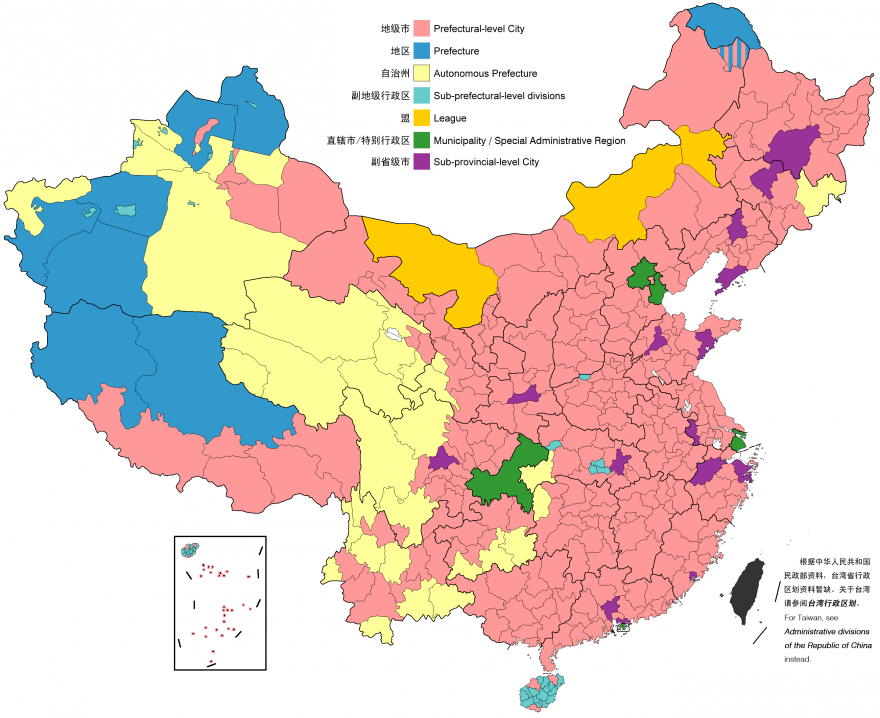
It is worth mentioning, however, that finding clients is the first stage of every business, that initial stage where it is considered a top priority. With its years of experience, 2 Open has long surpassed that, right now, finding clients is for us only a secondary priority. We are now focusing in process excellence, in nurturing scalable ways of working that continuously add value to our clients, keeping a stable and financially balanced organization that will last for many… many years…
This is one of the main reasons why our company does not only have offices in Weihai and Cáceres, but is based in Shanghai and Madrid. We are constantly making changes in order to maintain competitive advantage, we have already been in the market for 3 years and we are preparing for the upcoming 30. We strive in order to offer reliable, sustainable and long term oriented solutions that add value to China as a whole, not only its tier 1 cities
Probably you do not think that moving to tier 3 in order to assembly a powerful team is something you would like to do yourself. Well, do not worry about it. If you want to know more about how we work and how we help, engage, support, and lead our clients to succeed, contact us. We DO Open. Do you?
This article was edited by Andres Arroyo Olson from 2 Open.



